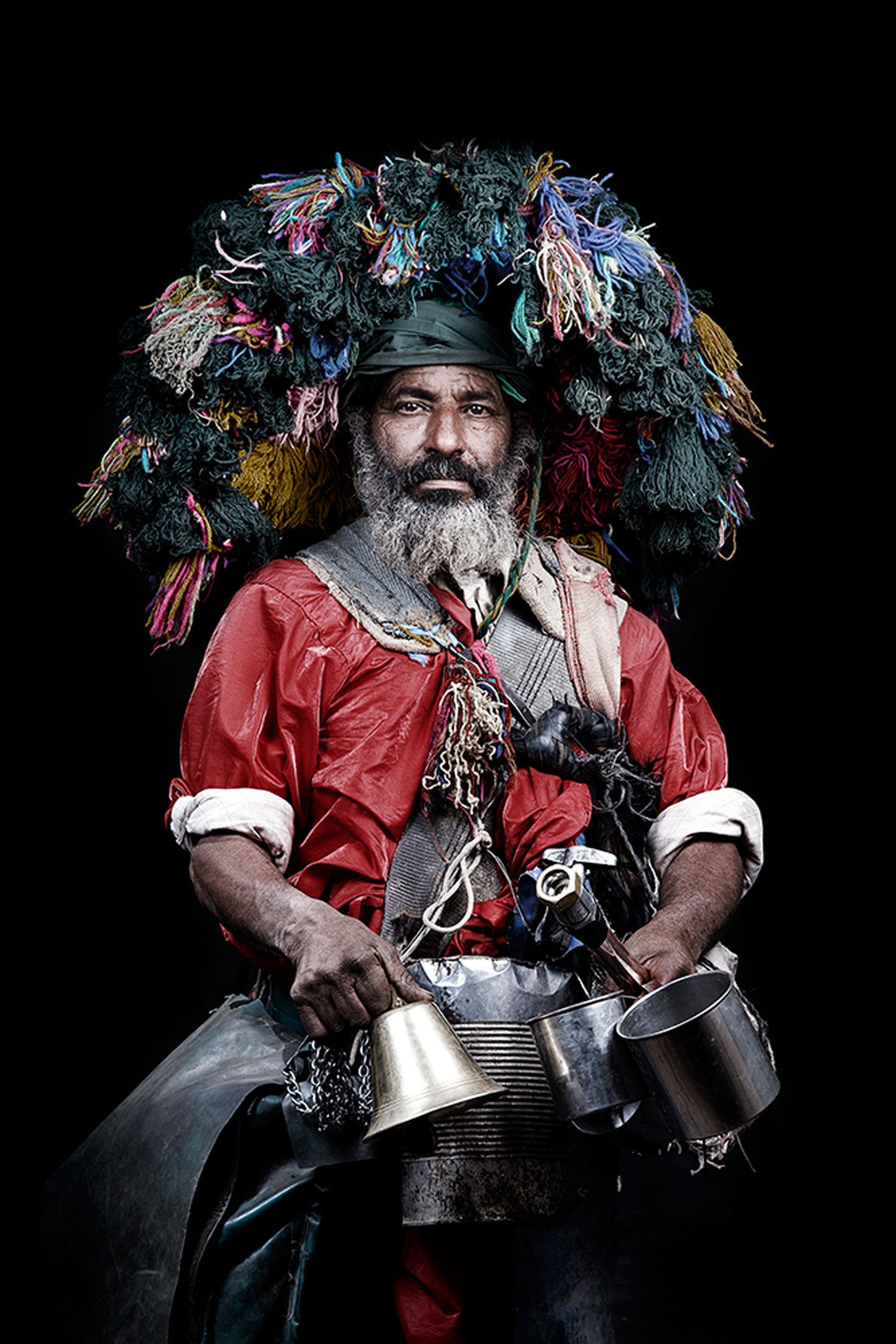Leila Alaoui's The Moroccans shows a world beyond stereotypes
The French-Moroccan photographer was killed during a terrorist attack in Burkina Faso's capital earlier this month

Your support helps us to tell the story
From reproductive rights to climate change to Big Tech, The Independent is on the ground when the story is developing. Whether it's investigating the financials of Elon Musk's pro-Trump PAC or producing our latest documentary, 'The A Word', which shines a light on the American women fighting for reproductive rights, we know how important it is to parse out the facts from the messaging.
At such a critical moment in US history, we need reporters on the ground. Your donation allows us to keep sending journalists to speak to both sides of the story.
The Independent is trusted by Americans across the entire political spectrum. And unlike many other quality news outlets, we choose not to lock Americans out of our reporting and analysis with paywalls. We believe quality journalism should be available to everyone, paid for by those who can afford it.
Your support makes all the difference.Leila Alaoui was just 33 when she died of a heart attack after being shot in a terrorist attack in Burkina Faso's capital earlier this month.
Driven by a belief in equal rights and a fascination with intercultural migration, the French-Moroccan photographer had been in Ouagadougou working on a project on women's rights for Amnesty International.
Born in Paris to a French mother and Moroccan father, Alaoui grew up in the North African country and studied in New York. Perhaps her best-known work, shown recently in Paris, was "The Moroccans", for which she spent days in villages to build trust, before taking locals' portraits in a single shot. Her aim: to show a world beyond African and Muslim stereotypes, which she believed is even more crucial in the modern political climate.
"Moroccans have too often been represented from the exotic… point of view of Western photographers," she had said. "My motivation was to… show Morocco in a way that I consider more natural, through the eyes of a native." She admitted the task had been less than easy, given she was working within a culture full of superstitious apprehension about the camera.
"Leila sought to propagate issues surrounding migration and cultural diversity," said Alaoui's representatives from the Art Factum Gallery, Beirut. "Her death is a tragedy but we hope the images she took in Burkina Faso will be exhibited one day so more people can see the importance of her work."
To donate to a charity that helps freelance news gatherers and their families worldwide in times of need and promotes their welfare and safety: rorypecktrust.org
Join our commenting forum
Join thought-provoking conversations, follow other Independent readers and see their replies
Comments